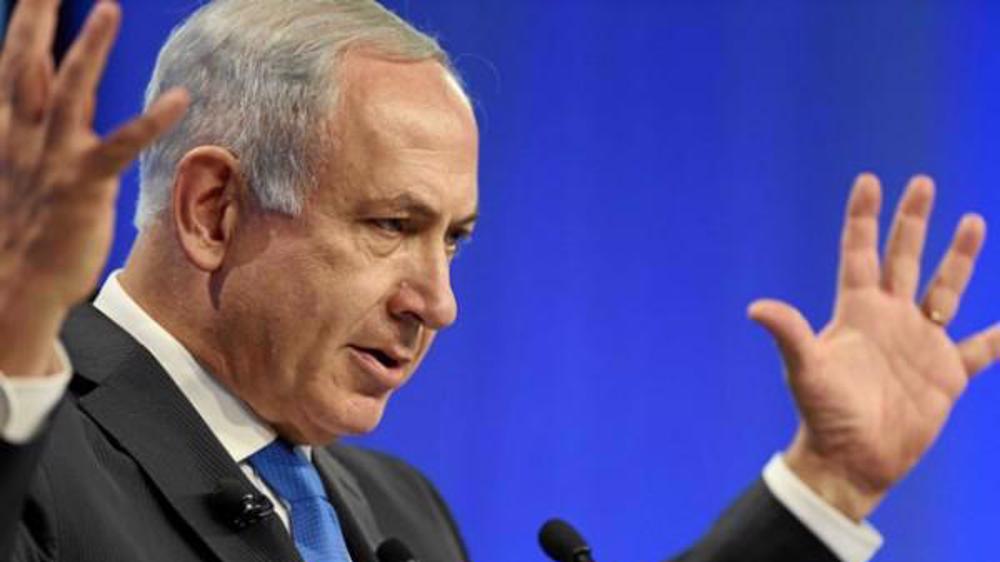Russia vows to help Greece overcome financial woes
Russian President Vladimir Putin has assured Greeks that he will support them in the financial hardships they face after the Greek people overwhelmingly voted "No" to further restricting terms of an international bailout program.
In a phone conversation on Monday, Putin discussed the results of a Sunday referendum with Greek Prime Minister Alexis Tsipras, voicing his support for the Greek people in “overcoming the difficulties” they face, a statement by the Kremlin press service said.
In a hastily organized referendum on how the Greek government should deal with the rising demands of its international creditors for granting a bailout, more than 61 percent of the people said "No" to the conditions set by the lenders, ostensibly improving the ruling Syriza party’s position in ongoing negotiations with international creditors.

The Kremlin statement said the phone call was initiated from the Greek side in which Putin and Tsipras discussed the outcome of the referendum as well as “several issues of further development of Greek-Russian cooperation."
However, the statement did not mention any potential assistance in finances from the side of Russia, which Greece dearly needs these days to help its economy.
Since rising to power in January, the euro-skeptic rulers of Greece have repeatedly shown their willingness to get closer to Moscow as the gaps with European creditors have kept widening. Since April, Tsipras has made two visits to Russia where he has finalized a deal on building a gas pipeline worth 2 billion euros (USD 2.2 billion).
Russia itself is entangled in a bitter standoff with the European Union over a crisis in east Ukraine.
Meanwhile, Greece's economy minister insisted that his country wants to stay in the 19-nation euro currency despite the fact that the "No" vote prevailed in the Sunday referendum.
“We want to stay in the euro. We want a better deal. A more balanced deal,” Giorgos Stathakis said of the ongoing talks with Greece's international lenders on the continuation of a bailout program, and added staying in the euro was among Syriza’s slogans before the elections earlier in 2014.
Stathakis said, however, that if the creditors want a deal to be reached, they should keep Greek banks afloat. The best-case scenario for the European Central Bank is to grant the banks in Greece a 3 billion euros (USD 3.3 billion) in liquidity assistance.

Tsipras names new finance minister
Also on Monday, Athens named a leading member of Greece’s bailout negotiating team as the new finance minister to replace outgoing Yanis Varoufakis who resigned hours after vote results surfaced.
Reports in the Greek media said that Euclid Tsakalotos is set to be officially confirmed as the new finance minister in the next few hours.
A graduate of Oxford and member of Syriza’s central committee, Tsakalotos is expected to mark a new thaw in the frosty relations between Greece and the creditors.
Varoufakis announced his resignation on Twitter Monday, saying he was told that some members of the eurozone considered him unwelcome at meetings of finance ministers.
Banks remain closed in Greece and restrictions are in place capping the daily amount of money people can withdraw from ATMs across the country. That came when the government tried to impose last week a series of measures to control the flow of capital out of fear that the banks may run dry of cash.
MS/NN/HMV
Israeli warplanes conduct new aggressions across southern Lebanon
Democrats threaten govt. shutdown after second ICE killing in Minneapolis
MSF to disclose limited list for Gaza staff after Israel revoked its aid licenses
VIDEO | India defies Western push at UN Rights Council on Iran
Cuba's president observes drills, vows high cost for any US aggression
Iran dismisses Nazi-style propaganda on riot death toll
Israel kills more civilians in Gaza amid relentless ceasefire violations
VIDEO | Press TV's news headlines










 This makes it easy to access the Press TV website
This makes it easy to access the Press TV website